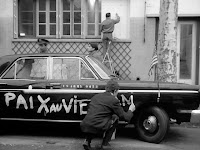Monthly Archives: June 2009
The President Kills A Fly
This post isn’t really movie related, but it’s about a clip that made it on YouTube. And once you’re on YouTube, you’re fair game.
David Lynch: Director, Producer…Songwriter?
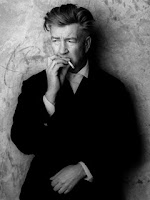 David Lynch has a new project on his hands, and it’s one you might not expect from the man.
David Lynch has a new project on his hands, and it’s one you might not expect from the man.
Movie Review: Revolutionary Road
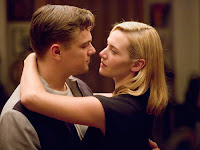 American suburbia has been a subject of fascination for Hollywood for years. Why is that? Is it that the idea, besides being abundant, seems almost mythical at this point? Like it’s the kind of thing that it seems everyone has yet everyone doesn’t really have at the same time.
American suburbia has been a subject of fascination for Hollywood for years. Why is that? Is it that the idea, besides being abundant, seems almost mythical at this point? Like it’s the kind of thing that it seems everyone has yet everyone doesn’t really have at the same time.
Movie Review: The Hangover
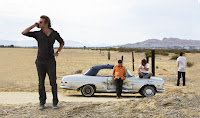 As I sit down to start my review of “The Hangover,” I feel like one of the characters from the movie: I’ve got to piece together all of the insanity that just occurred. However, I thoroughly remember everything that just happened and won’t soon forget it.
As I sit down to start my review of “The Hangover,” I feel like one of the characters from the movie: I’ve got to piece together all of the insanity that just occurred. However, I thoroughly remember everything that just happened and won’t soon forget it.
Martin Scorsese Returns: Shutter Island Trailer
 It’s been three years since Martin Scorsese won his long overdue Best Director Oscar for his return to the gangster drama, “The Departed.” Now, Scorsese’s back. This time, he’s once again abandoning his Little Italy roots for a larger scale mystery entitled “Shutter Island,” opening October 2.
It’s been three years since Martin Scorsese won his long overdue Best Director Oscar for his return to the gangster drama, “The Departed.” Now, Scorsese’s back. This time, he’s once again abandoning his Little Italy roots for a larger scale mystery entitled “Shutter Island,” opening October 2.
Stephen Colbert’s Trip to Iraq: "A Country So Nice We Invaded It Twice"
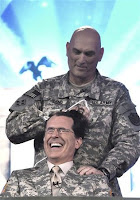 These past two weeks have included two landmark events in late night television. The first being Conan O’Brien’s debut on the “The Tonight Show” (as well as the short time I can enjoy without Jay Leno on television). The second being “The Colbert Report”‘s four day special taking place in Iraq for our troops fighting overseas. What makes it so special is that it’s the first time a full-length, non-news show has been shot, edited, and broadcast in a combat zone. Stephen Colbert can’t seem to do anything these days without breaking new ground.
These past two weeks have included two landmark events in late night television. The first being Conan O’Brien’s debut on the “The Tonight Show” (as well as the short time I can enjoy without Jay Leno on television). The second being “The Colbert Report”‘s four day special taking place in Iraq for our troops fighting overseas. What makes it so special is that it’s the first time a full-length, non-news show has been shot, edited, and broadcast in a combat zone. Stephen Colbert can’t seem to do anything these days without breaking new ground.
The Colbert Report
Mon – Thurs 11:30pm / 10:30c
Stephen Strong: Army of Me – Basic Training
colbertnation.com
Colbert Report Full Episodes
Political Humor
Keyboard Cat
Movie Review: The King of Comedy
 “Better to be king for a night than schmuck for a lifetime.”
“Better to be king for a night than schmuck for a lifetime.”
Quote of the Day: David Carradine Edition
David Carradine: Actor, Kung Fu Legend, Dead at 72
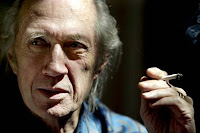 I first encountered David Carradine when I had my first encounter with a true moviegoing experience: in 2004 after viewing the “Kill Bill” saga. In “Vol. 1,” Carradine appeared as just a voice without a face, yet still remained a dominating force. It was not until “Vol. 2″ that he showed a performance worthy of Brando and Bogart in their finest days.
I first encountered David Carradine when I had my first encounter with a true moviegoing experience: in 2004 after viewing the “Kill Bill” saga. In “Vol. 1,” Carradine appeared as just a voice without a face, yet still remained a dominating force. It was not until “Vol. 2″ that he showed a performance worthy of Brando and Bogart in their finest days.

